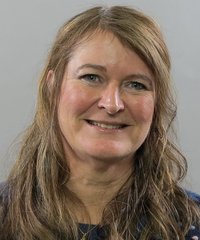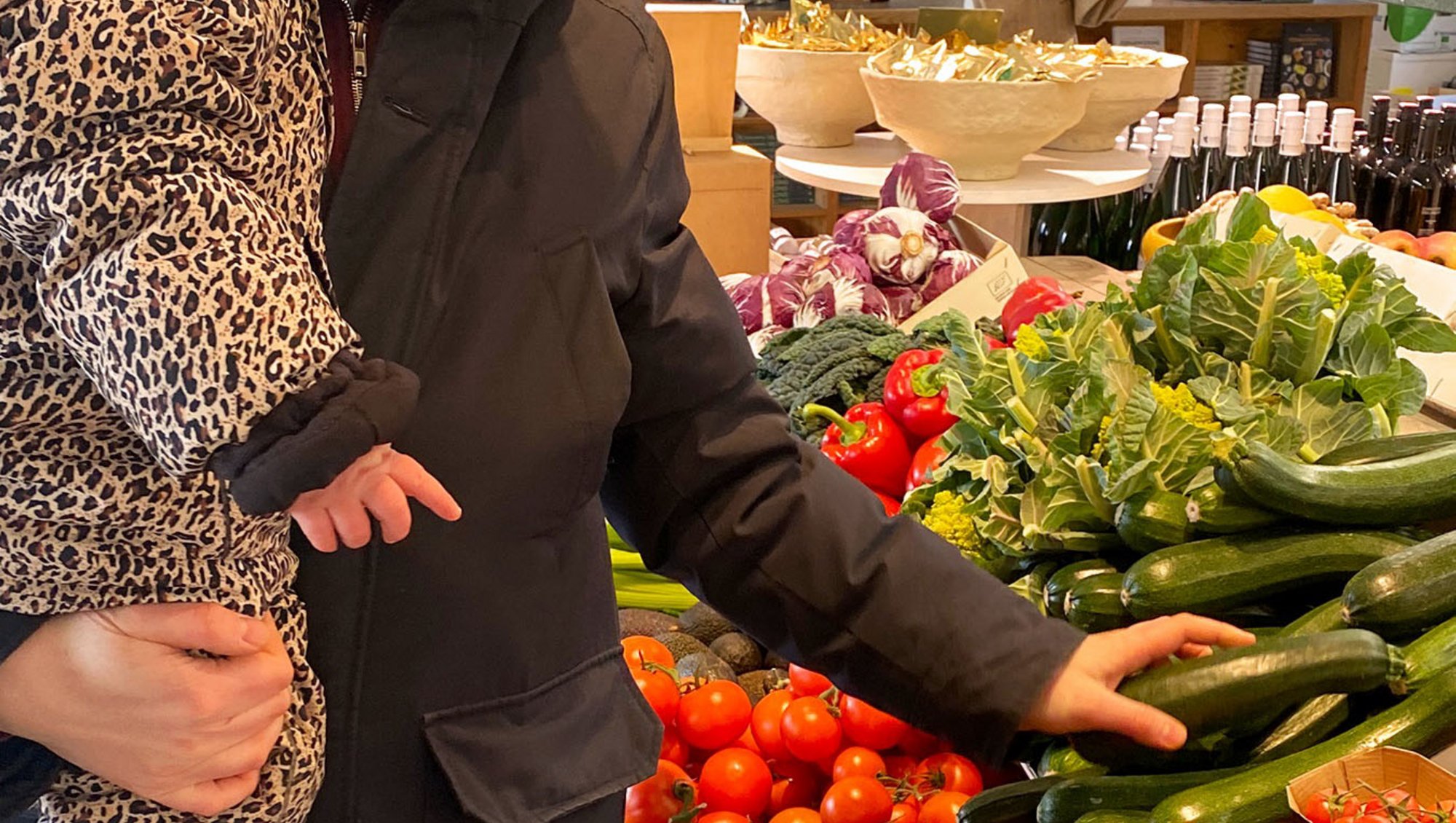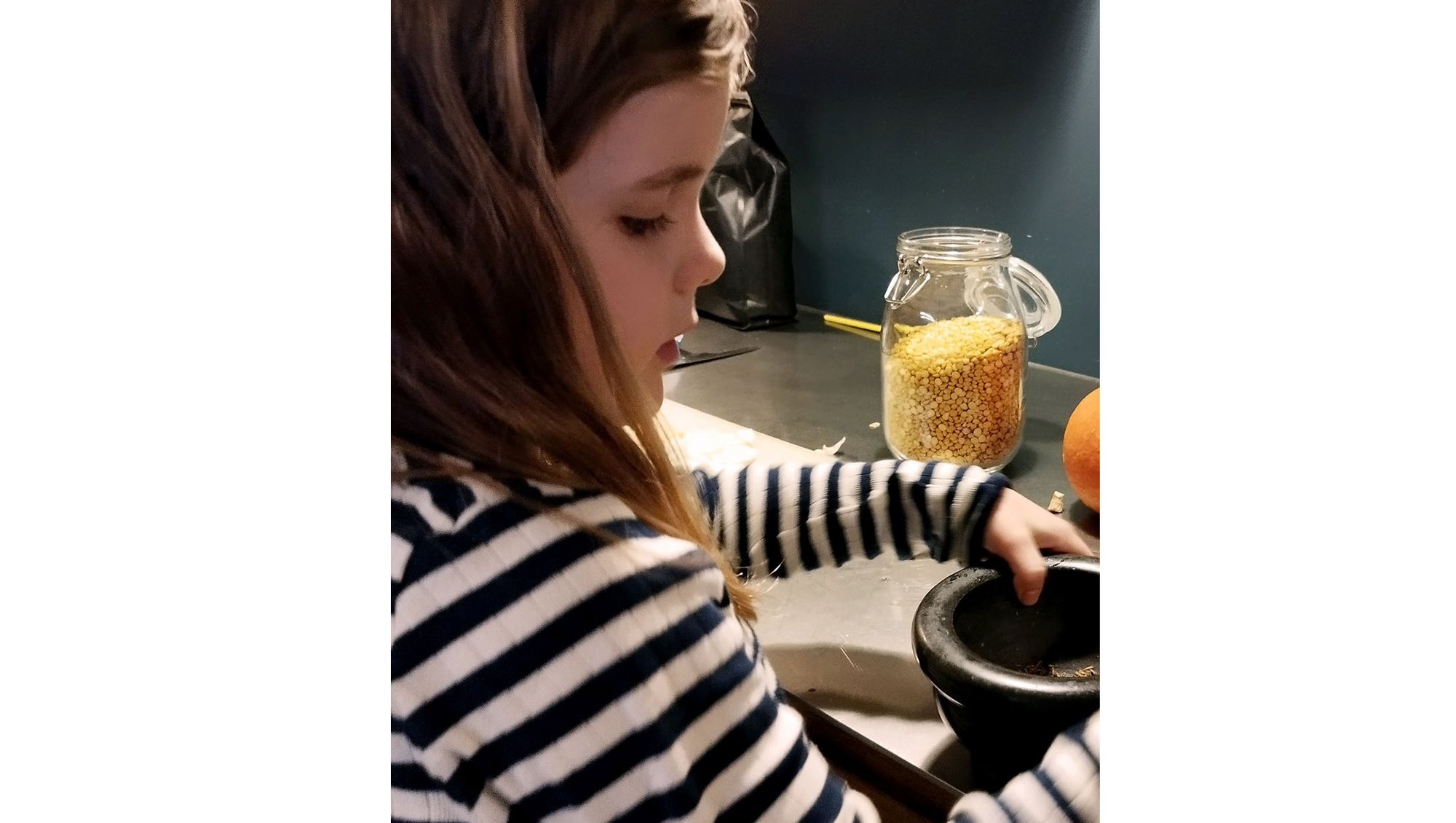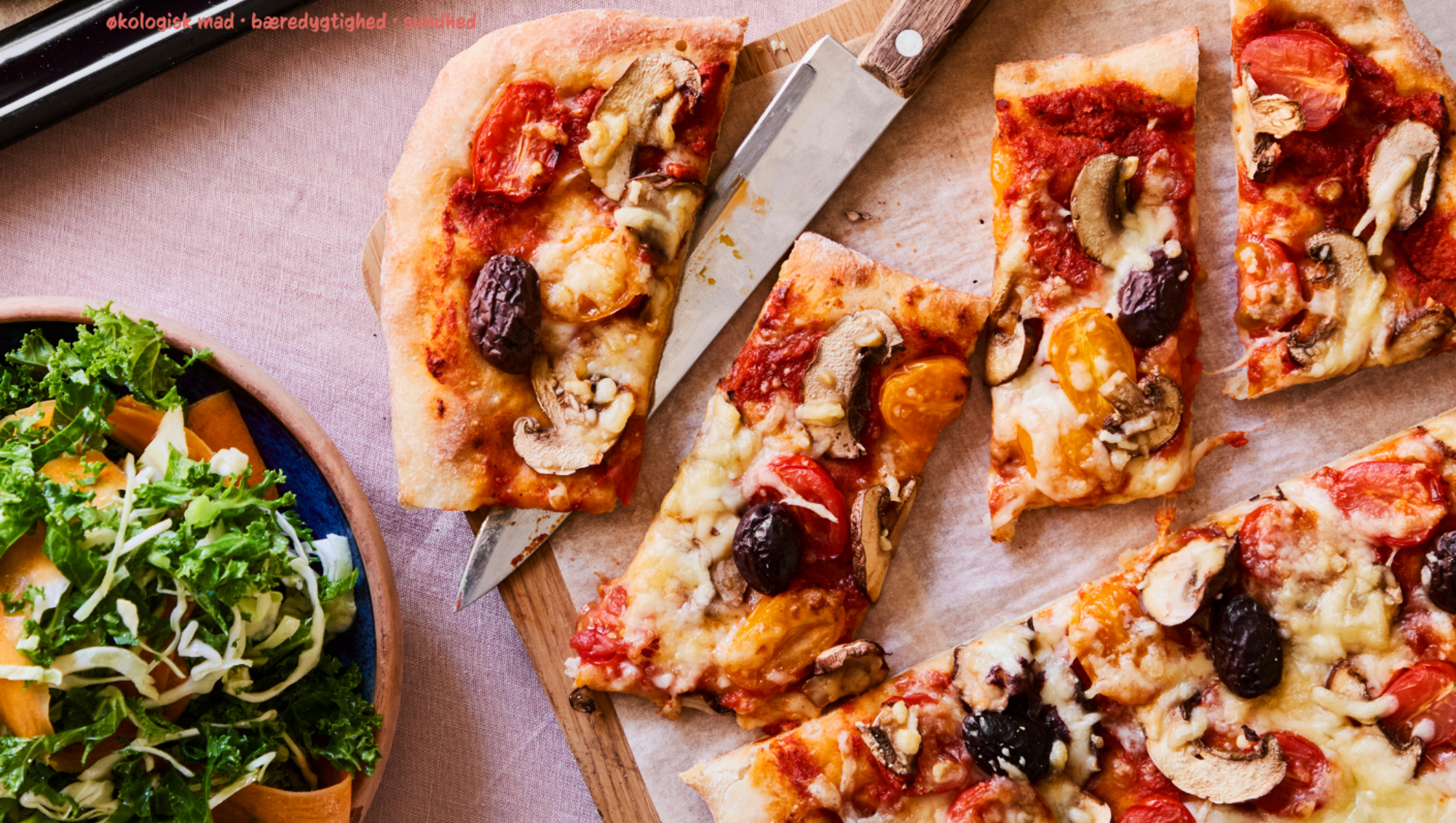OnePlate
- Organic food, sustainability, and health combined on one plate
Background
The current food consumption is not sustainable - neither in terms of the planet's health nor our own well-being. An evident solution is to adopt a holistic approach by integrating an organic, sustainable, plant-rich, and healthy diet following official dietary guidelines - defined here as the OnePlate-concept.
Many Danes and families aspire to live more organically, healthily, and sustainably, but for most, it's challenging to navigate within their often busy lives. There's a need for guidance in creating frameworks for translating sustainable and healthy choices into practical daily and weekly meals that the whole family can gather around. Additionally, there's a call to document the effects of such a diet on both our personal health and the planet's well-being.
The Purpose of OnePlate
The vision is to inspire and assist consumers and families in adopting a more organic, sustainable, and healthy diet in the future by:
- Developing the OnePlate concept for the benefit of personal health and the planet's health.
- Gaining insights into families' barriers, opportunities, and motivational factors to shift their diets towards a more organic, sustainable, and healthful plant-based diet.
- Documenting the effects of adhering to the OnePlate concept in terms of food and nutrient intake, sustainability (climate, land use, and biodiversity), health, pesticide exposure, and acceptability.
The Project step-by-step
- Conduct consumer and stakeholder surveys, as well as analyses of hotspots concerning climate, land use, and biodiversity, as a foundation for developing the OnePlate concept.
- Translate the concept into overarching principles for menu planning, recipes, tools, and activities tailored to the daily lives of families with children.
- Develop analysis and experimental methods for use in pilot-and intervention studies.
- Execute a randomized controlled intervention study involving 75 families to test the OnePlate concept against participants' usual diets.
- Measure the concept's effects in terms of changes in intake (use of organic products and nutritional composition), sustainability (climate, land use, and biodiversity), health (risk markers for cardiovascular diseases), pesticide exposure, and acceptability assessed through compliance, questionnaires, and qualitative interviews.
- Develop information materials and tools to communicate the results of the OnePlate project to consumers and organic stakeholders.
Project leader

Anne Dahl Lassen
Senior Researcher
National Food Institute, Technical University of Denmark
adla@food.dtu.dk
31425789
Project partners
Anne Dahl Lassen, Ellen Trolle, Nathalie Guldberg Skougaard, Mette Erecius Poulsen, Elena Hakme, Camilla Christensen, Mette Rosenlund Sørensen, Rosanna Ester Cecilia Knipström, Mads Bloch-Ibenfeldt og Liv Andersen, Research Group for Nutrition, Sustainability and Health Promotion, DTU Food
Mette Erecius Poulsen and Elena Hakme, Research Group for Analytical Food Chemistry, DTU Food.
Lisbeth Mogensen, Department of Agroecology, Aarhus University.
Mia Rask Vendelbjerg, Lars Schell and Jonas Cold Leisner, Meyers Madhus.
Anne Snog Folmann, Mie Reihs Hegna and Marie Boudigaard Granlie, Organic Denmark.
Derudover samarbejdes i projektet med Rigshospitalet og Nemlig.com
Steering committee
Dorte Lau Baggesen, DTU Food.
Anne Grete Kongsted, Department of Agroecology, Aarhus University.
Emma Ter-Borch, Meyers Madhus.
Mette Villekær, Organic Denmark.


